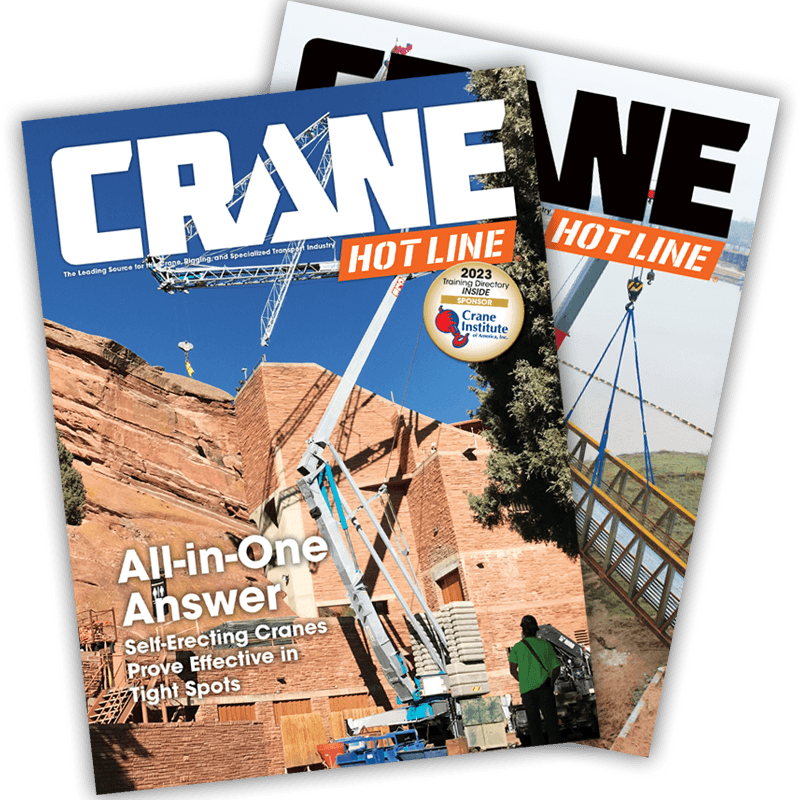Corporate Tax Bill Protects Mobile Crane Excise Tax Exemption
October 20, 2004—Provisions related to the excise tax exemption for mobile cranes and other mobile machinery were included in the corporate tax bill expected to be signed by President Bush, as reported in the October 15 issue of the SC&RA Newsletter, produced by the Specialized Carriers & Rigging Association. The House-Senate conference agreement followed the House bill, which is more favorable to the industry than the Senate version.
The language in the Statement of Managers for the act:
- Removes the Senate proposal to impose the manufacturer tax on equipment not meeting new mileage standards.
- Includes the higher 7,500 mile limit for the fuel tax rebate rather than the 5,000 mile limit in the Senate proposal
- Exempts vehicles owned by 501 (c) organizations from the mileage limit.
- Includes the current three part design test but does not address Florida Power and Light decision, which found that the utility's equipment was not eligible for excise tax refunds because it did not have chassis that served only as a mobile carriage for the equipment.
In general, this language represents a substantial victory for the mobile machinery community, according to Craig Piercy, Executive Director of the Mobile Machinery Coalition (MMC). SC&RA has been a member of MMC since the organization was formed in 2002 to fight an Internal Revenue Service Proposal to completely eliminate the exemption.
At that time, the Federal Highway Administration estimated the mobile machinery exemption to be worth $463 million per year. The provisions included in the bill are estimated to narrow the exemption by only $95 million per year. Thus, the Mobile Machinery Exemption is roughly 80 percent intact.
"Clearly, the final language does not address all of our concerns," said Piercy. "While the legislation codifies the current three-part test, it does not address the recent Florida Power and Light decision. Thus, any previously-exempt vehicle with a pintle hook could be ruled ineligible. Likewise, the legislation does not include our ‘targeted allocation' proposal, which would have allowed vehicles that consume more than 60 percent of their fuel in off-highway operations a partial fuel tax refund."
Piercy noted that many thanks are owed to Representative Paul Ryan (R-Wisconsin) and his staff, whose steadfast support and hard work helped protect the exemption


